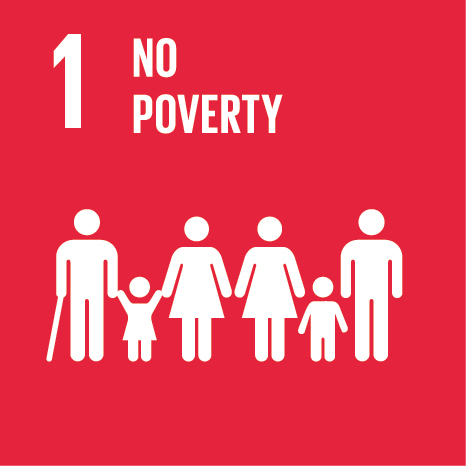Ciência_Iscte
Publications
Publication Detailed Description
Analyzing blight impacts on urban areas: a multi-criteria approach
Journal Title
Land Use Policy
Year (definitive publication)
2021
Language
English
Country
United Kingdom
More Information
Web of Science®
Scopus
Google Scholar
This publication is not indexed in Overton
Abstract
Often cities are tainted by degraded areas, abandoned and vandalized buildings, and vacant plots, which is commonly called “blight”. Blight is a complex problem with varied consequences requiring integrated decision making at both individual and community levels. This is an important issue since residents of blighted areas live in environments that directly influence their quality of life, values and behaviors. This study conducts an economic, social, and environmental analysis regarding impacts, intermediation and eradication of blight. The complexity of blight requires an analysis encompassing both objective and subjective variables. Also, this study addresses limitations of prior research by applying a methodology that combines cognitive mapping and the decision-making trial and evaluation laboratory (DEMATEL) technique. Study results include a multi-criteria analysis system based on the inputs provided by a panel of experts. Although process-oriented, where results generally are not applicable from one application to another, our approach resulted in blight-caused impacts being allocated to four major clusters: governance; construction and real estate market; social dimensions and security; and health and environment. The findings were presented to and validated by a board member of the Instituto de Habitação e da Reabilitação Urbana (Institute of Housing and Urban Renewal of Portugal). Advantages and limitations of our approach are also discussed.
Acknowledgements
--
Keywords
Blight,Cognitive mapping,DEMATEL,Impacts,Urbanization
Fields of Science and Technology Classification
- Economics and Business - Social Sciences
Funding Records
| Funding Reference | Funding Entity |
|---|---|
| UIDB/00315/2020 | Fundação para a Ciência e a Tecnologia |
Related Projects
This publication is an output of the following project(s):
Contributions to the Sustainable Development Goals of the United Nations
With the objective to increase the research activity directed towards the achievement of the United Nations 2030 Sustainable Development Goals, the possibility of associating scientific publications with the Sustainable Development Goals is now available in Ciência_Iscte. These are the Sustainable Development Goals identified by the author(s) for this publication. For more detailed information on the Sustainable Development Goals, click here.

 Português
Português




